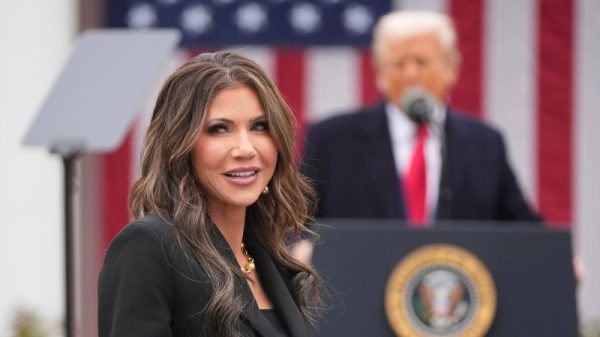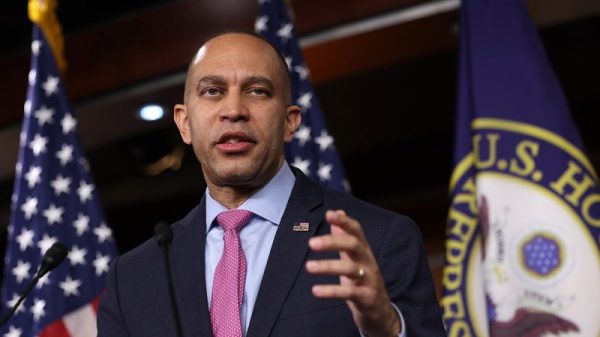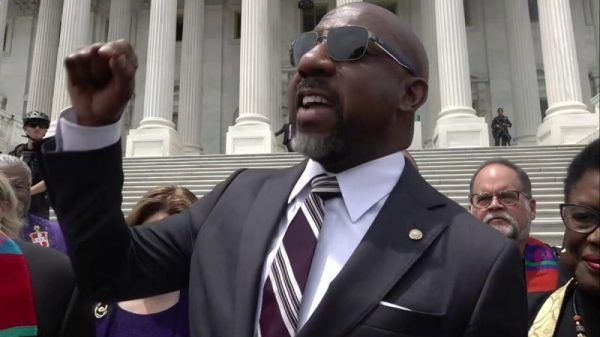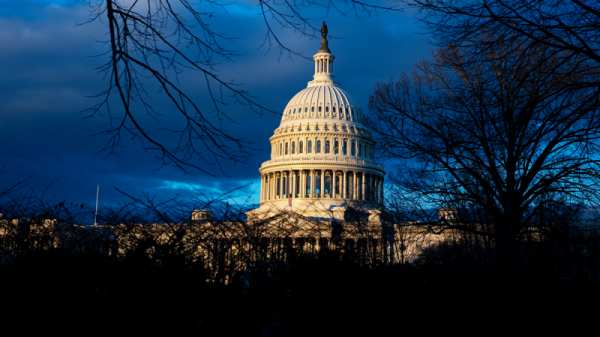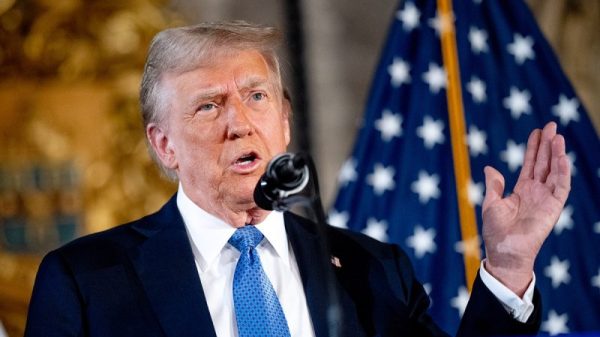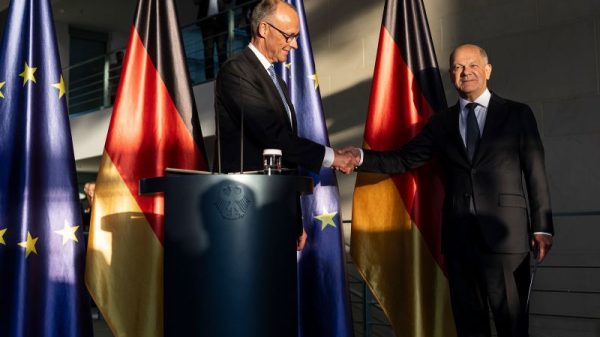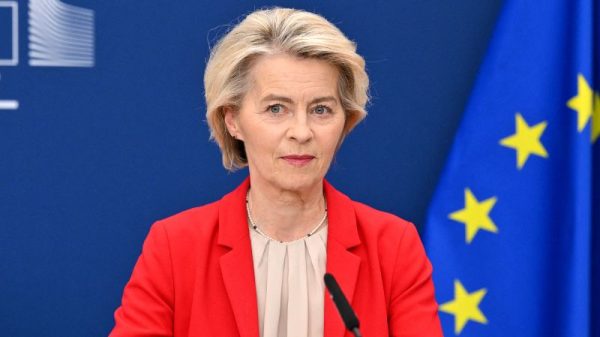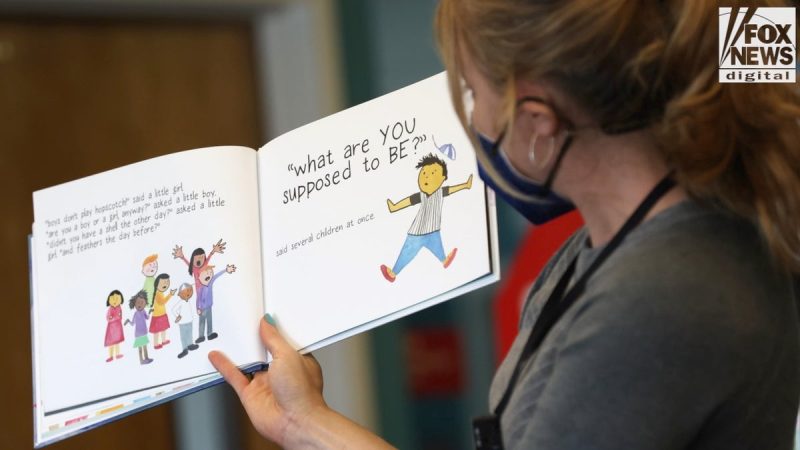The Supreme Court will hear oral arguments Tuesday in Mahmoud v. Taylor, a closely watched case that could reshape the role of parental rights and religious freedom in public education.
At issue is whether a Maryland school district violated the First Amendment by requiring elementary school students to engage with LGBTQ+ storybooks that include topics about gender transitions and same-sex relationships, without allowing parents to opt out.
The policy was implemented to disrupt ‘cisnormativity’ and promote inclusivity, according to Supreme Court documents. Initially, the school allowed parents to opt their children out of these lessons, but later reversed this decision, eliminating the opt-out option and not notifying parents when such content was being taught.
Parents, supported by religious freedom organizations, argue that this policy infringes upon their First Amendment rights by compelling their children to engage in instruction that contradicts their religious beliefs. The Fourth Circuit Court, a federal appeals court, ruled last year that there was no violation of religious exercise rights, stating that the policy did not force parents to change their religious beliefs or conduct and that parents could still teach their children outside of school.
Thomas More Society attorney Michael McHale told Fox News Digital in a previous interview that ‘while there is an opt-out statute in state law, the school initially abided by it.’
‘The school decided to yank the opt-out exception, so to speak, and it really triggered the issue of whether the Constitution requires an opt-out in that circumstance,’ McHale said.
‘For the Fourth Circuit to say there was no religious burden, it really seems radical, and given how pressing that issue of school curriculum on sexual orientation, gender identity is, I think it raises an issue worth the Supreme Court’s attention,’ he said.
Earlier this year, President Donald Trump signed several executive orders related to gender policies in federal institutions. McHale said these actions could reduce legal conflicts involving religious rights, such as disputes over whether teachers must use students’ preferred pronouns in schools.
Mahmoud v. Taylor is one of three major religious cases the Supreme Court has scheduled oral arguments for this year.
Earlier this month, the high court heard a case brought by a Wisconsin-based Catholic charity group’s bid for tax relief, which could alter the current eligibility requirements for religious tax exemptions.
At issue in that case is whether the Wisconsin branch of Catholic Charities, a social services organization affiliated with Catholic dioceses across the country, can successfully contest the state’s high court determination that it is ineligible for a religious tax exemption because it is not ‘operated primarily for religious purposes.’
The third case is about whether a Catholic online school can become the first religious charter school in the U.S.











